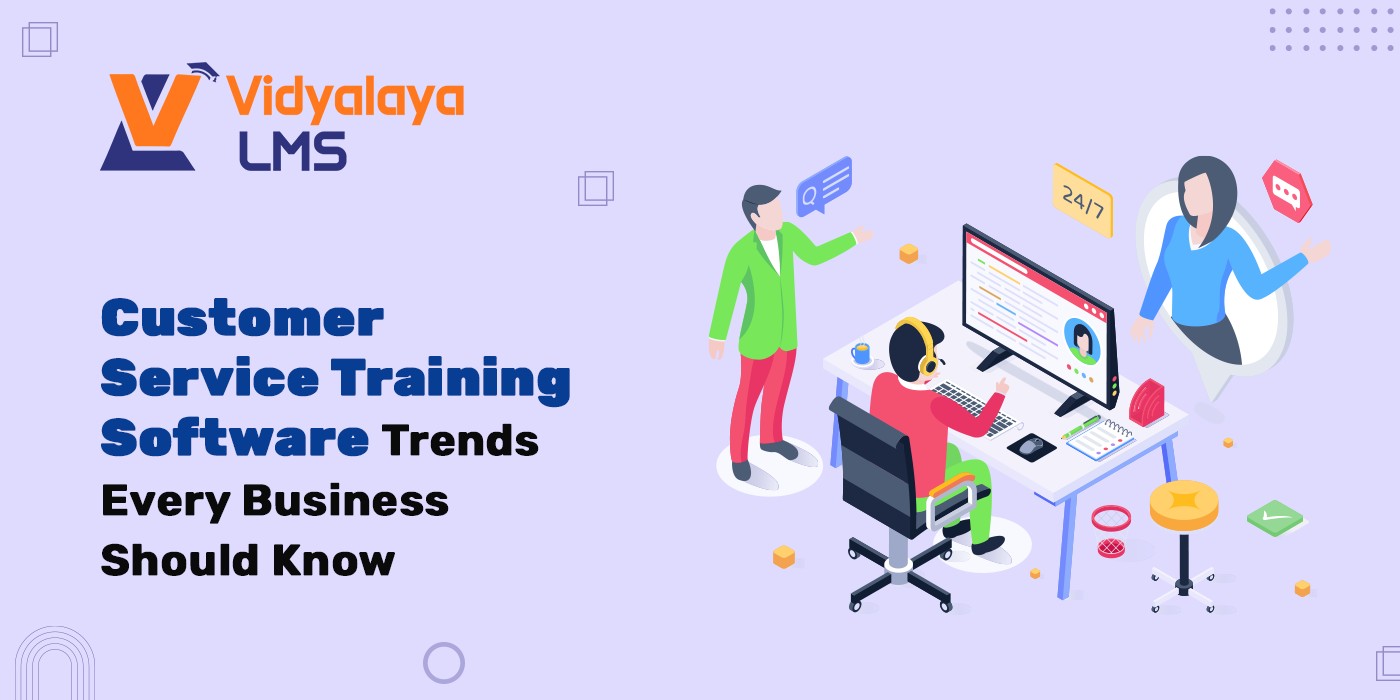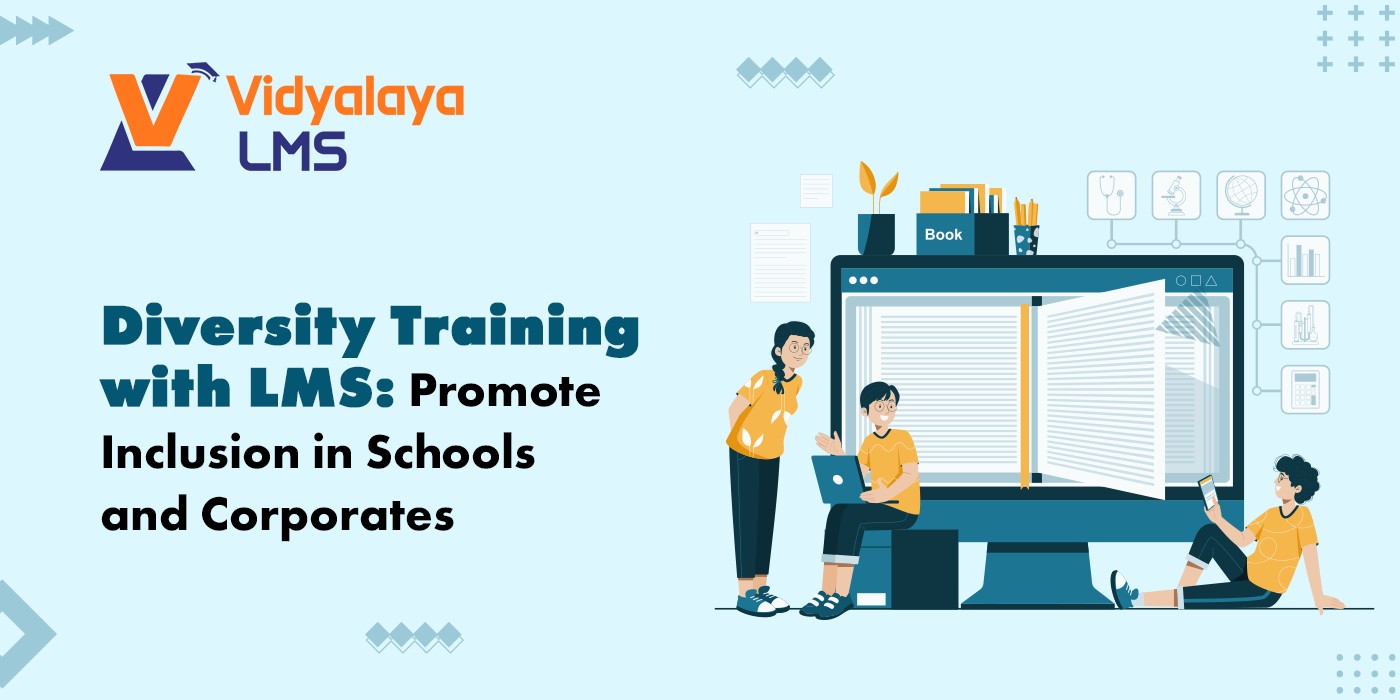In a marketplace where customer loyalty can shift in an instant, the quality of service your team delivers often defines your brand’s reputation. Every interaction matters, and well-trained employees are the difference between a satisfied customer and a lost opportunity. As expectations evolve, businesses must adopt advanced customer service training software to empower their teams, enhance skills, and stay ahead of the curve. So, what are the emerging trends in customer service training tools that every organization should embrace?
Trend |
Description |
Benefits |
| Cloud-Based Platforms |
|
|
| AI-Powered Personalization |
|
|
| Gamification |
|
|
| Mobile-First Learning |
|
|
| Real-Time Feedback and Analytics |
|
|
| Integration with Business Tools |
|
|
1. The Shift to Cloud-Based Customer Service Training Platforms:
We have lost the old days when you had to be in a class or use big programs on your computer. Cloud-based Customer Service Training Platforms are taking hold and giving companies the chance to train their staff anytime and anywhere they want. Cloud stuff means you can make changes now, have your guide on your phone or laptop, and train in all your operation bases without the fuss of getting all the gear in order.
2. Personalized Learning Experiences with AI Integration:
Through AI-made systems, firms can make each worker a one-of-a-kind learning experience that fits their strong and weak part and things they can get better at. This makes sure every person in the group gets the right learning at the right time and makes their learning time better.
For example, AI can track an employee’s progress through a customer service training module, offering tailored feedback or recommending specific content to reinforce key concepts. With this level of customization, businesses can foster quicker learning and greater retention.
3. Gamification for Engagement:
Employees are more likely to stay engaged with a Customer Service Training System that offers rewards for completing modules or for achieving certain milestones. Gamified training also encourages healthy competition among team members, which can ultimately improve overall performance.
4. Mobile-First Learning for On-the-Go Teams:
Today, we have a workforce that does not stay still, and they do not stay in one spot to do jobs or training. If it is from home or on the go, or even out of their desk, they can pull up the training on the customer software on their cell or tablet. This mobile-first concept for training will make it easier for team members to train on a job when it is not busy, like on a trip or on a break, so they can get it done when they have free time.
Mobile compatibility also ensures that updates to the Customer Service Training Platform can be rolled out quickly and seamlessly, without the need for employees to log into their desktops or worry about software compatibility.
5. Real-Time Feedback and Analytics:
One of the greatest advantages of using customer training software is its ability to capture key performance data for each employee. These systems generate detailed reports that highlight individual strengths as well as areas needing improvement. Managers can use this information to provide personalized feedback, identify broader performance trends, and tailor training programs to address the most common challenges employees face.
With continuous insights into how well employees are performing, businesses can quickly adjust their customer service training modules to ensure that they are meeting the needs of both their staff and customers.
6. Integration with Other Business Tools:
This seamless integration ensures that training is not a standalone activity but a part of a larger ecosystem that supports customer service excellence. For instance, employees can access customer data, knowledge bases, and support tickets directly within the Customer Service Training System, allowing them to apply what they’ve learned in real-world situations immediately. This cross-functional approach bridges the gap between theoretical training and practical application, resulting in a more effective learning experience.
Conclusion:
Customer expectations are rising faster than ever, and businesses that invest in modern customer service training software are the ones that stay ahead. Trends like AI-powered personalization, mobile-first learning, cloud-based platforms, gamification, and real-time analytics are no longer optional—they’re essential for building skilled, confident, and customer-centric teams. Integrating these tools into your training strategy not only enhances employee performance but also ensures a consistent, high-quality customer experience across every touchpoint.
For businesses that want to grow, retain customers, and build a strong service-driven brand, adopting an advanced Learning Management System is a strategic move—not just a technology upgrade. At Vidyalaya LMS, we help organizations streamline training, upskill their teams, and stay aligned with the latest industry trends through a powerful, user-friendly learning platform designed for modern businesses.
Ready to Transform Your Customer Service Training?
Contact Vidyalaya LMS today and book a free demo to see how our comprehensive LMS can enhance your training programs and boost business performance.



























